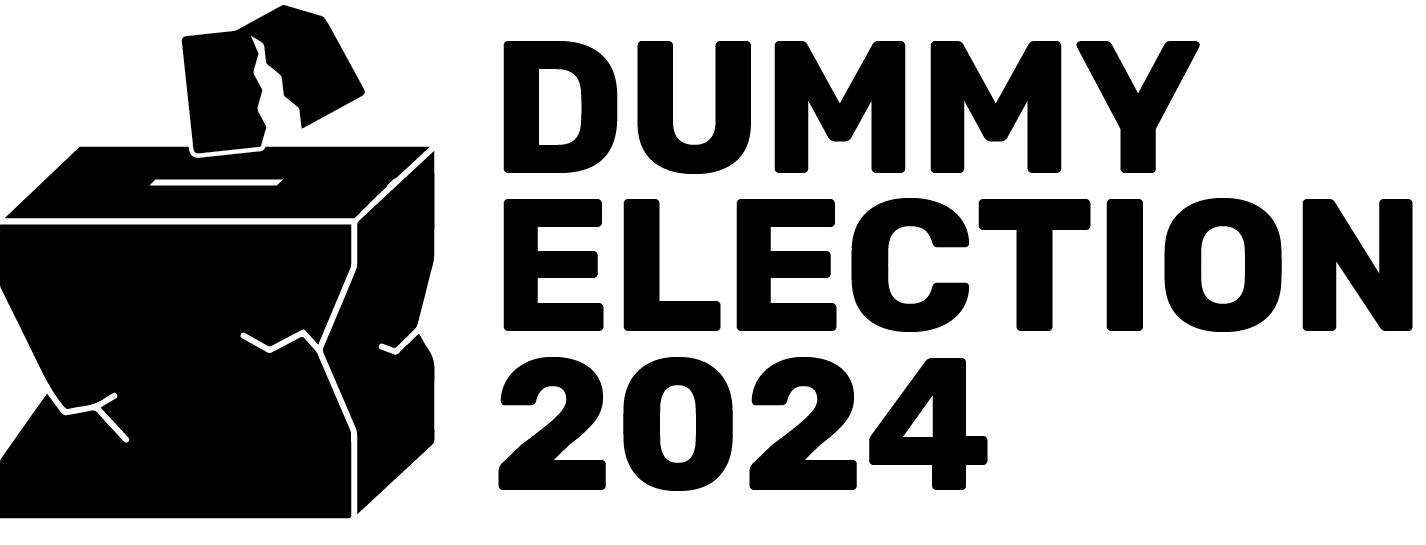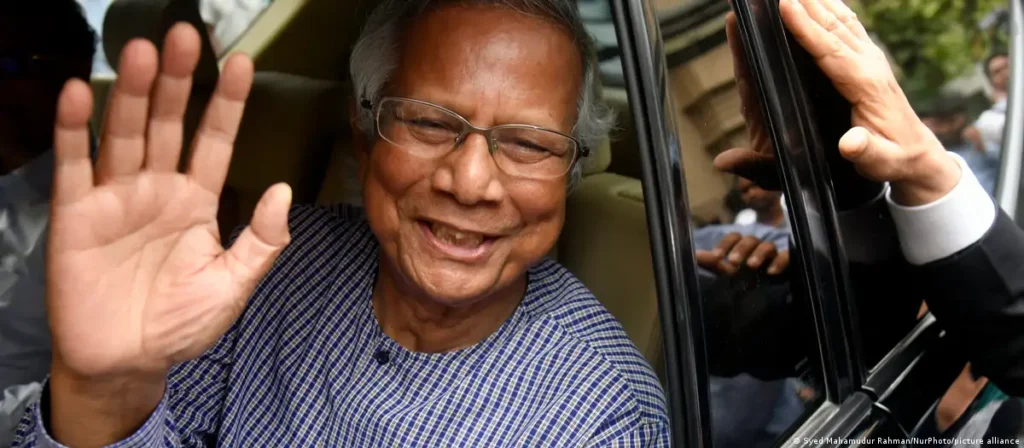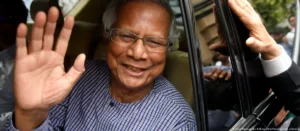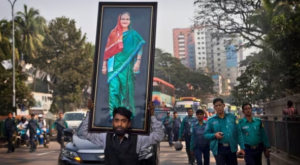Arafatul Islam
Nobel laureate Muhammad Yunus has been sentenced to six months in prison ahead of a contentious general election. Critics have said the trial is politically motivated, but the government argues no one is above the law.
A court in Bangladesh on Sunday sentenced Nobel Peace Prize laureate Muhammad Yunus to six months in jail for labor law violations, in what his supporters have called a politically motivated prosecution.
Yunus and three colleagues from Grameen Telecom, one of the firms he founded, were accused of violating labor laws when they failed to create a workers’ welfare fund in the company.
The four have denied the charges and were granted bail pending appeals.
Yunus told DW immediately after the verdict that he would continue to serve the people of his country.
“The verdict against me is contrary to all legal precedent and logic,” said the 83-year old economist and social entrepreneur.
“I urge the Bangladeshi people to speak in one voice against injustice and in favor of democracy and human rights for each and every one of our citizens,” he added.
Bangladesh’s law minister and home minister did not respond to DW’s requests for comment.
But the country’s road transport minister, Obaidul Quader, responded to the judgment, telling local media that no one was above the law, and that Yunus was sentenced by the court, not the nation’s ruling party, Awami League.
What are Yunus’ legal woes?
The court ruling came just days ahead of a general election, scheduled for January 7, during which Prime Minister Sheikh Hasina is seeking a fourth term.
The country’s main opposition party, the Bangladesh Nationalist Party (BNP), has boycotted the vote, saying it doesn’t have any confidence that the Hasina administration will hold a free and fair election.
Yunus is credited with lifting millions out of poverty through his microfinance organization, Grameen Bank, which provided small loans of under $100 (€90) to the country’s rural poor, who are often rejected by traditional banks.
However, when Sheikh Hasina came to power as Bangladeshi prime minister in 2009, she called Yunus a “bloodsucker.” She accused him of using force to recover loans from poor rural women as head of Grameen Bank.
Hasina’s government began reviewing the Grameen Bank’s activities in 2011, and Yunus was fired as managing director for allegedly violating government retirement regulations.
He was put on trial in 2013 on charges of receiving money without government permission, including from his Nobel Peace Prize award and royalties from a book.
Yunus later faced charges involving other companies he created, including Grameen Telecom, part of Bangladesh’s largest mobile phone company, Grameen Phone, and a subsidiary of Norwegian telecom giant Telenor.
Some political observers in Bangladesh have said Hasina became infuriated when Yunus announced he would form a political party in 2007 when a military-backed government ran the country.
However, shortly after the announcement, the economist retreated from his plan and he hasn’t shown any interest in politics since then.
A smear campaign?
Still, Yunus’ supporters and rights groups have said he’s being harassed because of frosty relations with Hasina, an allegation denied by the government.
“Professor Yunus has been facing a smear campaign and character assassination attempt by the highest tier of the ruling Awami League party for the past 12 years. And, they have an iron grip on the judiciary,” Asif Nazrul, a law professor at Dhaka University who was present at the court premises on Sunday, told DW.
Labeling the court case “questionable,” he said the complaint against Yunus and others “could merely be a civil lawsuit.”
Nazrul also noted that the trial was held in an unusually swift manner.
“The government probably wants to show a defiance mode that it doesn’t care about any other power as it has the utmost authority to do anything it wants,” he said.
Syeda Rizwana Hasan, a lawyer, shares a similar view.
She said Yunus’ trial proceedings were completed in an unusual speed, in contrast to the snail’s pace at which cases are otherwise handled by the country’s judiciary.
“Many see the trial as politically motivated as the country’s political leadership has been complaining against Muhammad Yunus for a long time,” she told DW.
Snub to the international community?
In a statement after the verdict, London-based rights group Amnesty International said it “believes that initiating criminal proceedings against Mohammad Yunus and others for issues that belong to the civil and administrative arena is a blatant abuse of labor laws and the justice system and a form of political retaliation for his work and dissent.”
Over 170 global leaders and Nobel laureates, including former US President Barack Obama and former UN Secretary-General Ban Ki-moon, already urged Hasina in August to suspend legal proceedings against Yunus.
“One of the threats to human rights that concerns us in the present context is the case of Nobel Peace Prize laureate Prof. Muhammad Yunus. We are alarmed that he has recently been targeted by what we believe to be continuous judicial harassment,” the letter read.
Legal experts Nazrul and Hasan believe the conviction and sentencing of Yunus was a snub to the international community.
“There’s reason to believe that the trial sends out a message to the global community,” Hasan said, adding that those who have slammed Yunus’ prosecution “have to accept that Bangladesh’s legal system doesn’t care about their views.”
Concerns over human rights, democratic backsliding
Under Hasina’s leadership, Bangladesh has recorded impressive economic growth over the past 15 years.
But civil society groups and rights activists slam her ironfisted rule.
They have accused her government of human rights abuses and of using law enforcement agencies and the judiciary to silence opposition voices in the country.
Many opposition leaders, civil society members and human rights defenders have faced numerous politically motivated lawsuits that force them to spend most of their time in courtrooms or jail.
The last two general elections, held in 2014 and 2018, were marred by allegations of massive vote rigging and intimidation of opposition activists, charges denied by Hasina’s government.
Her party won both controversial elections, and she remained in power.
Against this backdrop, Hasan said, the conviction and sentencing of Yunus “will further increase international concern over the democracy, freedom of speech, and the rule of law of Bangladesh.”
This article was first published in DW, on January 3, 2024
